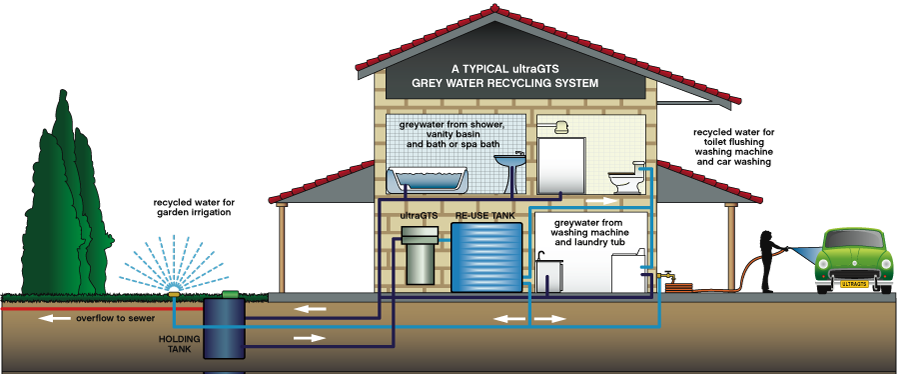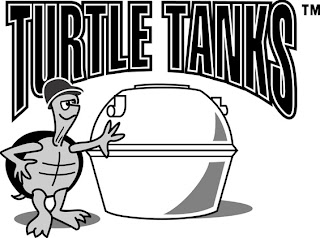Re-Using grey water, 3 tips
B.C. water restrictions: 3 grey water tips to get you started
Simple ways to save water from your shower and kitchen for outdoor use
By On the Island, CBC News Posted: Aug 13, 2015 7:00 PM PT Last Updated: Aug 13, 2015 7:00 PM PT

As water restrictions remain enforced throughout the province of B.C., here are three easy ways to recycle household water for outdoor use. (Getty Images)
As communities throughout British Columbia struggle with drought conditions, residents are increasingly being encouraged to use grey water outdoors.
- Sunshine Coast bans all watering, moves to Stage 4 restrictions
- B.C. drought: could bath water be the answer?
"Our sense of entitlement is showing. We've had the luxury of using drinking quality water for a very long time in ways we shouldn't be," said Sharon Bywater, Salt Spring Island Water Commissioner.
"We need to create...our own water supply for outdoor uses. It's so easy and inexpensive."
Keep reading for how to get started.
1. Cold shower water
Grey water doesn't actually have to be grey in colour. In fact, it can be relatively clean, Bywater said.
"Some people want to run the tap to get the water hot for their shower. Well, have a bucket handy. That's fresh water. You're running the tap. It's going down the drain. Capture it," she said.
You can also reuse your bath water once you've finished your bath.
If you're having trouble getting it out of the tub and into the garden, consider investing in a manual bilge pump to reduce the strain on your back, Bywater suggested.
2. Plug the drain or use a dishpan
"The sink is no longer anything but a holder for your dishpan," said Bywater. Whether you're washing your hands, scrubbing fresh produce, cleaning dishes or rinsing something, save the water, she said.
If you want to recycle your dishwater but are concerned about the concentration of soap particles, use two dishpans or buckets instead of one.
"One with soapy water, and one that you dump the rinse water into. Then you've got two types of water you can recycle, one that's greyer than the other."
The less soapy water can be put to use in the garden, while the other can be used for outdoor washing.
To mitigate the risk of attracting mice, rats or other pests, Bywater recommends straining the grey water first to collect any food bits for your compost bin.
3. Recycle cooking water
Leftover water from making tea, soaking beans or steaming vegetables can be reused at least once, Bywater said.
"Any time you're cooking and you're using water just for that one step of a thing, that can get recycled again.
"The trick is how many times can I use that same water before it goes out into the garden."
That being said, you shouldn't try and store your grey water for days at a time, Bywater said.
"It's the holding of grey water that's a problem. If you hold grey water, it can grow things."Turtle Tanks Septic Systems, Serving British Columbia Since 1984
www.turtletankssepticsystems.com luis@turtletanks.com










Great post! water treatment systems are essential for ensuring clean and safe drinking water, whether at home or in businesses. The right system can remove contaminants, improve taste, and even extend the life of plumbing fixtures. Do you have any recommendations for the best water treatment systems available?
ReplyDelete